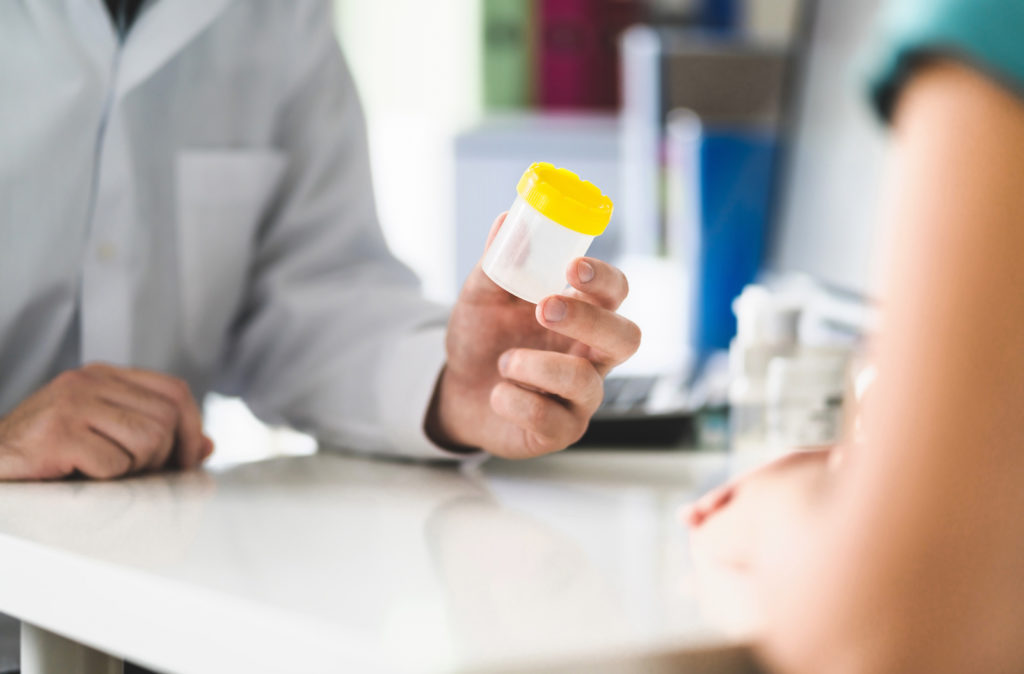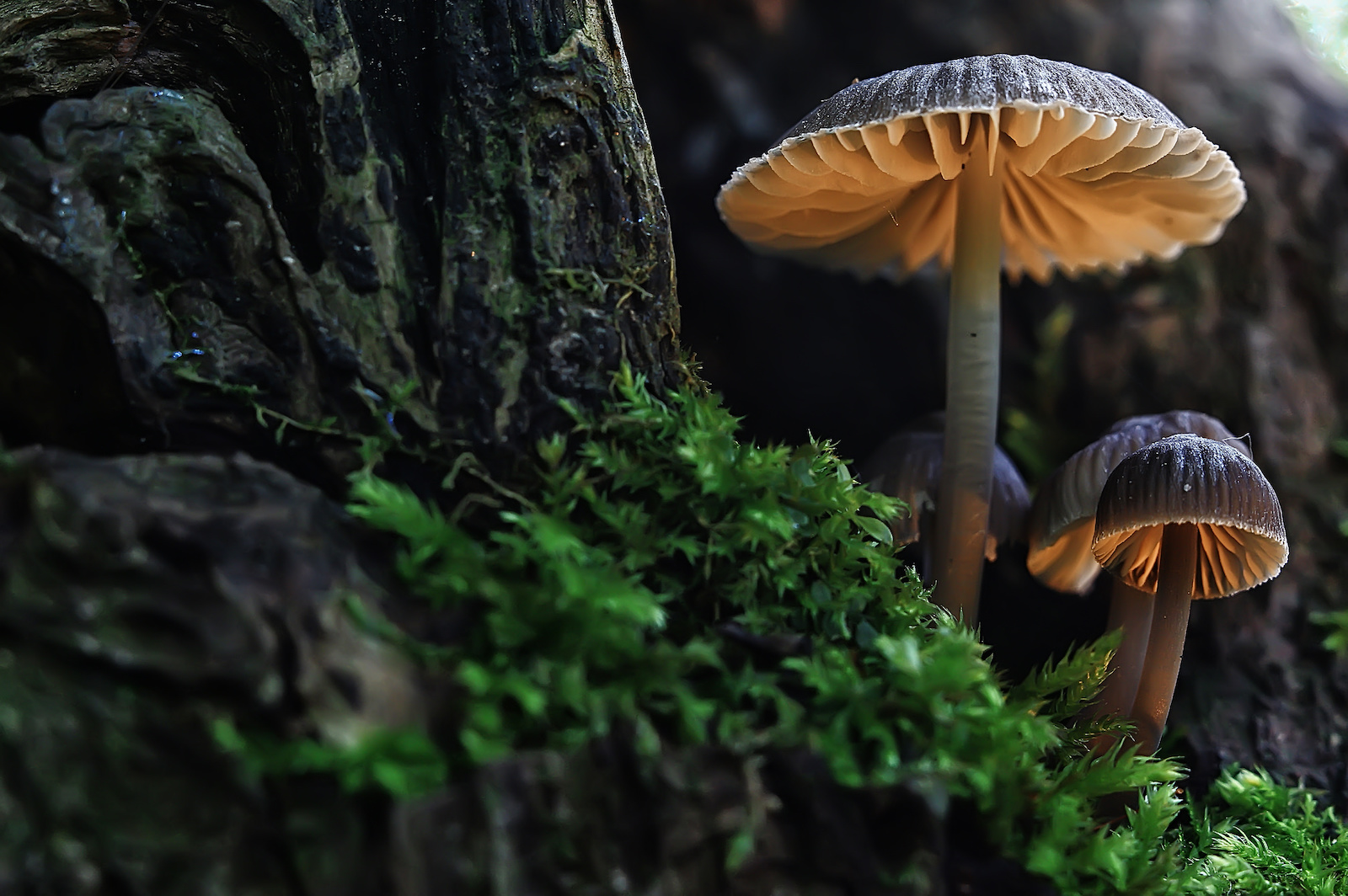The length of time that psilocybin – the magic in the mushrooms – stays in your system is up to 15 hours, but that can vary depending on a number of factors, including your body composition, age, and strain of mushrooms. These are factors that also impact the length of time that they are detectable by a drug test as well.
While shrooms are being used in small doses as a treatment for depression more and more often, that does not mean that you can’t become addicted to them. In fact, high doses and long-term use can lead to persistent, and sometimes severe, mental health problems.
In addition to these potential complications, with extended use comes a build-up of the users’ tolerance, which may even cross-tolerance with other hallucinogens. While mushrooms themselves appear to not pose a risk of physiological dependence, those that use them frequently may run into some withdrawal symptoms after quitting the drug.
How Long Do Shrooms Last in the Body?
On average, the effects of shrooms last between 4 and 6 hours, although this does vary from person to person. Following the trip ending, you may have some lingering effects that could last into the next day. Generally speaking, though, you should feel back to normal within a 24 hour period.
The duration and severity of the effects can be impacted by the following:
- Your age
- Your tolerance
- How much you take
- Your frame of mind and expectations
- Whether the shrooms for fresh or dried (dried shrooms are more potent)
- Other substances you may have taken
How Long Are Shrooms Detectable by a Drug Test?
The length of time drugs show up in a drug test depends on the type of drug and frequency of use. The time that shrooms show up on a test is hard to say for sure with how many types of drug tests there are. Some are more sensitive than others and will pick up smaller amounts of a drug in your system. Most routine tests aren’t even able to detect shrooms.

In most cases, you’ll be taking a urine test. For most people, shrooms are no longer detectable after 24 hours, but some research shows that it could be up to a week before all trace amounts are out of your system.
Shrooms are metabolized too quickly for a saliva or blood test, unless administered within just a few hours of ingestion. The only test that shows shrooms longer than a week after use is a hair follicle test. Although chances of this being the go-to are slim as they are costly.
Signs That You are Addicted to How Long Shrooms Last in Your Body
Just because shrooms are natural does not mean that you are safe from addiction. You may not have a physical addiction, but it can be hard to stop taking drugs once you have a psychological dependence on them.
If you are concerned that you or someone you care about are addicted to mushrooms, knowing the signs will help you better determine if you really think there is a problem.
While it can be hard to tell if a loved one is addicted to shrooms specifically, there are some general signs of addiction and substance abuse:
- Anxiety and panic
- Changes in mood and behavior
- Depression and suicidal thoughts
- Extreme mood swings
- Increased appetite
- Paranoia
- Strange sleep patterns
- Withdrawing from activities and loved ones
Short-term physical signs of mushroom abuse may include:
- Changes in sense of time
- Dry mouth
- Excessive sweating
- Increased body temperature and blood pressure
- Loss of appetite
- Rapid breathing
- Sleep problems
- Uncoordinated movements
- Vomiting/nausea
Long Term Effects of Continued Mushroom Use
The unfortunate truth is that if you have been using large amounts of shrooms for an extended amount of time, you could be setting yourself up for some problems. Some of the side effects are mood changes, memory loss, and disorganized thinking. One of the more severe side effects is a persistent psychosis, which leaves the person with paranoia and hallucinations after the mushrooms have worn off.
Another common long-term side effect of shrooms and other psychedelics is flashbacks. This is when you have recurrences of your drug experience even without using. These flashbacks usually slow down after a while but can occur more than a year after your last trip. Flashbacks can range in intensity from minor visuals to powerful hallucinations. When these flashbacks happen frequently enough to impact your day to day life, the condition is called hallucinogen-persisting perceptual disorder, or HPPD.
Poisonous Mushrooms and Anaphylaxis
One of the scariest and most dangerous things about mushrooms is that those mushrooms could be poisonous. There are several look-alikes that look very similar to the type containing psilocybin, but they are extremely toxic. Yearly, there are cases of incorrect identification leading to an individual being poisoned.
Many types of mushrooms have toxins that are so potent that even a minuscule amount can be dangerous. Potential issues with mushroom poisoning include:
- Death
- Liver failure
- Seizures
Depending on the type of mushrooms and amount consumed, mushroom poisoning may start out minor or be severe right away. Initial symptoms of poisoning may be:
- Diarrhea
- Dizziness
- Drooling
- Rapid breathing
- Twitching
- Vomiting

What to Do if Addicted to How Long Shrooms Last in Your Body
If you have decided that it is time to kick your addiction for good, setting up a treatment plan is the best way to be successful with your recovery. While there are many people that have the ability to get clean on their own, sometimes rehab is the best option.
A plan to quit shrooms may include:
- Deciding to quit
- Being aware that it will take time for the cravings to diminish
- Speak with a doctor or therapist about your plan
- Removing all traces of shrooms and reminders
- Understanding what your triggers are
- Stocking up on supplies that can help you get through the initial cravings
- Let friends and family know of your plans
One of the most effective ways to kick an addiction to the curb is to go to an inpatient rehab facility that can safely detox the individual off the drugs and set the individual on a solid path of recovery. They can also help the individual get to the root of why they were using drugs in the first place, making the chances of maintaining sobriety for the long-run much more likely.
Reach out today if you or a loved one is struggling with an addiction. Don’t let another precious moment slip you by while being gripped by an addiction that can have a devastating impact on you and your loved ones.

